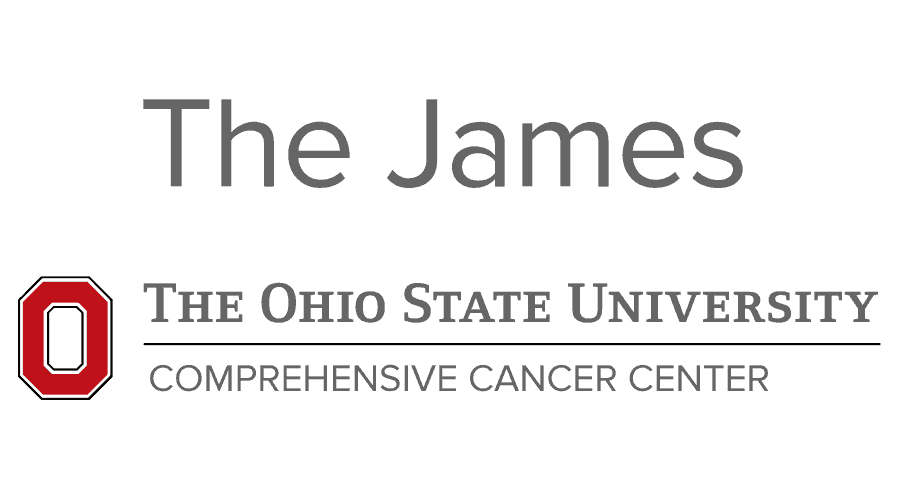
Patients With Cancer Strongly Encouraged to Get COVID-19 Boosters to Protect Against Omicron Variant

A booster dose of the COVID-19 mRNA vaccine may provide patients with cancer with a broader and stronger protection against COVID-19 variants like omicron, according to a cancer researcher at The Ohio State University Comprehensive Cancer Center.
A booster dose of the mRNA COVID-19 vaccine may prove vital in protecting patients with cancer against the omicron and other COVID-19 variants, according to new findings from researchers at The Ohio State University Comprehensive Cancer Center (OSUCC – James).
“The two-shot vaccine will not be able to generate quick response against the omicron variant, primarily because of the changes of the structure of the spike protein,” said Dr. Zihai Li, founding director of the Pelotonia Institute for Immuno-Oncology at OSUCC – James, in an interview with CURE®.
With the recent spike in COVID-19 cases across the world largely due to the omicron variant, many patients and survivors of cancer
In this study, the results of which were published in Cancer Cell, the researchers examined neutralizing antibody response to the omicron variant compared with the delta variant and ancestral D614G variants in 50 patients with cancer following two mRNA vaccine doses (23 patients) and three doses including a booster (27 patients).
They collected the samples between 31 and 121 days after the second dose for 15 patients with lung cancer who were vaccinated with the Moderna, NIAID vaccine (mRNA-1273) or the BioNTech, Pfizer vaccine (BNT162b2) as well as eight patients with breast cancer vaccinated with either vaccine.
Samples were also collected from patients who received their booster dose between two and 112 days after the third dose for 12 patients with breast cancer and a mix of patients with 15 other types of solid tumors such as melanoma, genitourinary or gastrointestinal cancer— all of whom received either the Moderna or Pfizer vaccine.
They measured neutralizing antibody titers — a type of blood test that determines the presence or level of antibodies in the blood to determine if an immune reaction has been triggered — against the omicron, delta and ancestral D614G variants.
For patients with cancer who had only two mRNA vaccine doses, the omicron variant had a strong resistance against the doses. Patients who received their additional booster dose had a stronger and broader neutralization against the omicron variant. The results showed that a booster mRNA vaccine provides better protection against the omicron variant for patients with cancer similar to the protection observed in healthy boosted individuals.
“That's really the message — patients with cancer, whether they have the so-called liquid tumor, such as leukemia, or solid tumors, such as lung cancer, they have got to be boosted in order to protect against omicron,” Li said. “Booster shots, meaning the third dose of MMR vaccine within five months after the second shot.”
In looking at the impact of anti-PD-1/PD-L1 immunotherapy treatments on antibody response in both groups, the researchers did not find statistically significant differences when compared with patients who were not treated with this kind of immunotherapy, regardless of whether they received two or three doses.
“Many people with solid tumors for example, they are treated with immune checkpoint blockade against PD-1, PD-L1, CTLA-4 and so forth,” Li explained. “And it turns out those patients can mount just as effective an antibody response as patients who are not on immune checkpoint blockade.”
In terms of protecting themselves against the COVID-19 variants, Li stressed that patients with cancer should be fully vaccinated and continue following guidelines to prevent exposure — such as wearing a mask and maintaining physical distance from others when possible.
“One thing we need to understand (is that the) vaccine is not to prevent infection,” Li said. “The vaccine is to reduce the severity if somebody is infected.”
Additionally, Li said, maintaining a healthy lifestyle (including nutrition, exercise and social support) is also helpful and important.
“What the pandemic has underscored is that we need to pay attention to our body, right? So make sure especially for patients with cancer, keep their medical appointments, communicate with physicians (and) health providers,” Li said. “If they are on new medications for instance, some of the medications can knock down the immune system. They need to stay on top of their own disease, you know, your treatment regimen and so forth.”
For more news on cancer updates, research and education, don’t forget to




